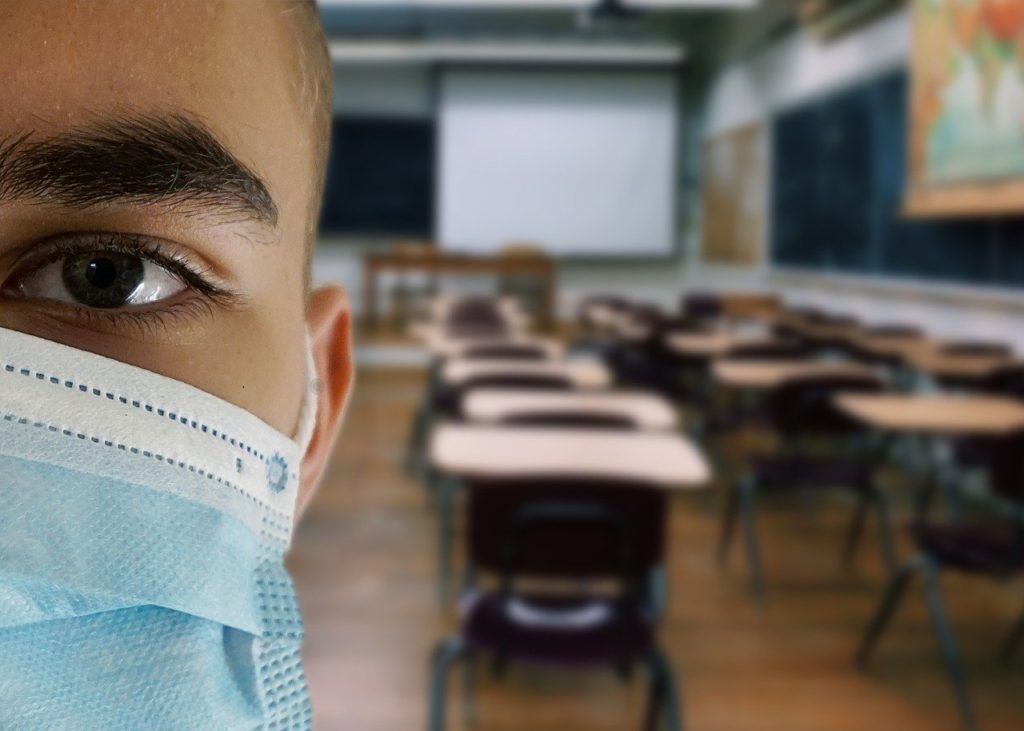In the past six weeks, longer for some, sheltering in place led many of us to make some drastic changes to our routines and that of our children’s, including those with Autism or other intellectual disabilities. COVID-19 has forced us all to slow down, to essentially minimize our activity levels to maximize our safety.
There have been some interesting take-aways form everyone staying home, all the time. For example, virtual schooling has given many a healthier appreciation for our nation’s teachers! I will venture to say, teachers are the early heroes of this pandemic and getting teachers back into classrooms cannot come soon enough! We have had our share of struggles to keep our children engaged while staying abreast of work and everything else. Yet, in spite of the struggles, most or all of us have followed the mandate to ‘shelter in place’, to do our part to prevent the spread of the coronavirus.
As talk of re-opening communities heats up, the challenge to care for children with special needs while out in the community is scary for parents. How do we keep people with intellectual disabilities safe in this new world order?
Unfortunately, getting back out there, will require a lot more changes. As if we haven’t had enough changes! New routines incorporating social distancing, frequent quality handwashing, hand sanitizing, masking, no face touching etc. will be necessary to keep everyone safe as we attempt to re-emerge into the world outside our homes.
Recommended safety measures may be easier for the typical population to learn, but will be much more challenging for those with intellectual disabilities. For example, teaching concepts around navigating the community wearing mask and staying six feet apart will not be easy for special needs children.

So what should we do?
Planning ahead and exercising extreme vigilance will improve the chance of protecting children and young adults with Autism and other intellectual disabilities form COVID -19. Below are some basic tips to consider while venturing out in the community.
• Pay close attention to your surroundings, if there is not enough space for social distancing and wearing a mask is not an option, it is probably not the best place or event to attend.
• Setting first appointments or last appointments may be helpful to avoid crowds and minimize exposure.
• Checking in at an appointment and staying in the car to wait is another good way to keep your distance, especially if your loved one refuses to wear a mask.
• Sanitizer wipes/antibacterial gels is the new PPE (Personal Protective Equipment)! Have a supply with you wherever you go, and be prepared to sanitize or wash hands upon entering and leaving venues. Frequent handwashing is a must!
• Wipe down or wash everything from the outside (i.e. stores, supermarkets etc.), keep counters, door knobs, and other surfaces as clean as possible on the inside of your homes
• Gloves maybe useful, but you cannot touch your face with them on, and remember gloves are not a substitute for good vigorous handwashing.
Above all, watch and be vigilant when out in the community with your special needs loved ones. Until a vaccine becomes available, one of the most important tool to maximize protection form COVID-19 is vigilance.

